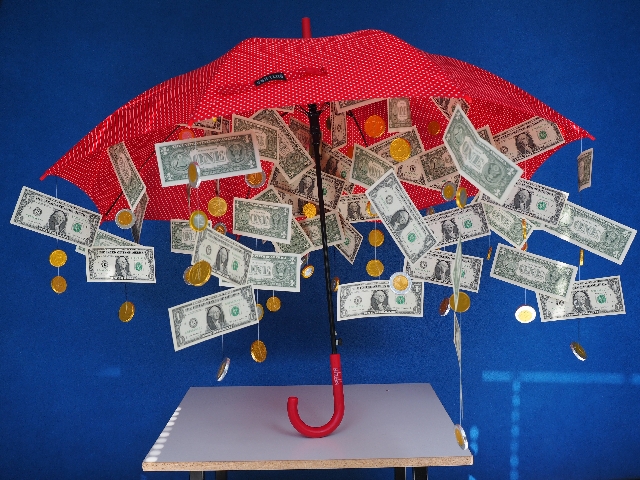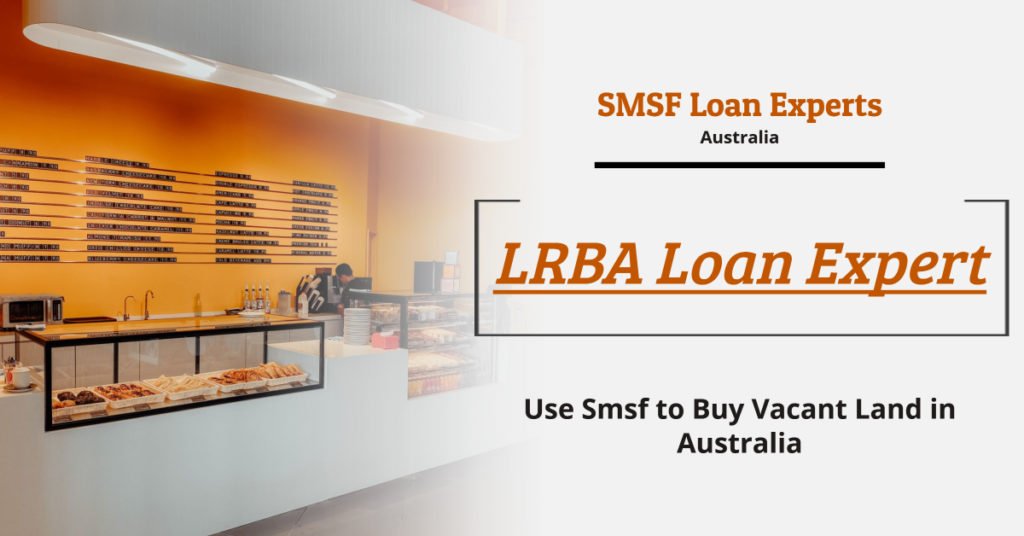What Are Commercial Loans And Why Do Rates Matter?
Commercial loans are a type of financing that is typically used to fund business expenses and investments. The interest rate on a commercial loan can have a major impact on the financial health of your business, so it’s important to understand how rates are determined and what you can do to get the best rate possible. The interest rate on a commercial loan is primarily determined by the creditworthiness of the borrower and the collateral used to secure the loan. If you have strong credit and are using valuable collateral, you will likely qualify for a lower interest rate. However, if your credit is not as strong or you’re using less valuable collateral, your interest rate will be higher.
Your credit score is one of the most important factors in determining the interest rate on a commercial loan. If you have an excellent or even a good credit score, you should qualify for a lower interest rate because lenders believe you are less likely to default on your loan.
Defining Terms: What Is APR?
When you’re shopping for a small business loan, you’ll likely hear the term APR thrown around. APR stands for the annual percentage rate, and it’s the interest rate plus any additional fees charged by the lender, expressed as a percentage of the loan amount. For example, say you take out a $10,000 loan with an APR of 10%. That means you’ll pay $1,000 in interest and fees over the course of a year. The actual amount you’ll pay each month will be lower because the interest is calculated based on the remaining balance of the loan.
The APR is important to compare because it gives you a true apples-to-apples comparison of the cost of different loans. But keep in mind that it’s not the only factor to consider when choosing a lender.
Factors That Affect Commercial Loan Rates
When it comes to securing a commercial loan, there are a few key factors that can affect the interest rate you’re offered. Your credit score is one of the most important factors, as it’s a reflection of your financial health. The higher your score, the lower the interest rate you’re likely to qualify for. The loan amount also plays a role in determining your interest rate. In general, the larger the loan, the higher the rate will be. Other factors that can affect commercial loan rates include the type of collateral you’re using and whether you’re willing to make a prepayment penalty.
While small business loans have similar characteristics, they’re typically secured by the owner’s personal assets and are therefore considered unsecured commercial loans. Before you seek financing, consider your options and assess your needs. The lender you choose will help you determine what’s best for your business.
How To Get The Best Commercial Loan Rates
When you’re looking for a commercial loan, it pays to shop around and compare offers. The interest rate you’re offered will depend on a number of factors, including the type of loan you’re applying for, the size of the loan, and your credit history. You can start by comparing rates from a variety of online lenders. Once you’ve found a few potential lenders, it’s important to compare the terms of each offer. Pay attention to things like the interest rate, repayment terms, and any fees or prepayment penalties.
Once you’ve found a few good offers, it’s time to start negotiating. If you have good credit, you may be able to negotiate a lower interest rate. If not, you may be able to negotiate more favourable repayment terms.
In conclusion, getting the best commercial loan rates requires research and careful planning. However, the effort is worth it because it can save your business a significant amount of money in the long run. To get started, compare interest rates and terms from multiple lenders, and be sure to shop around for the best deal.




